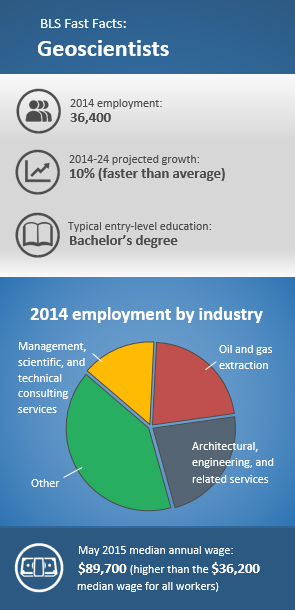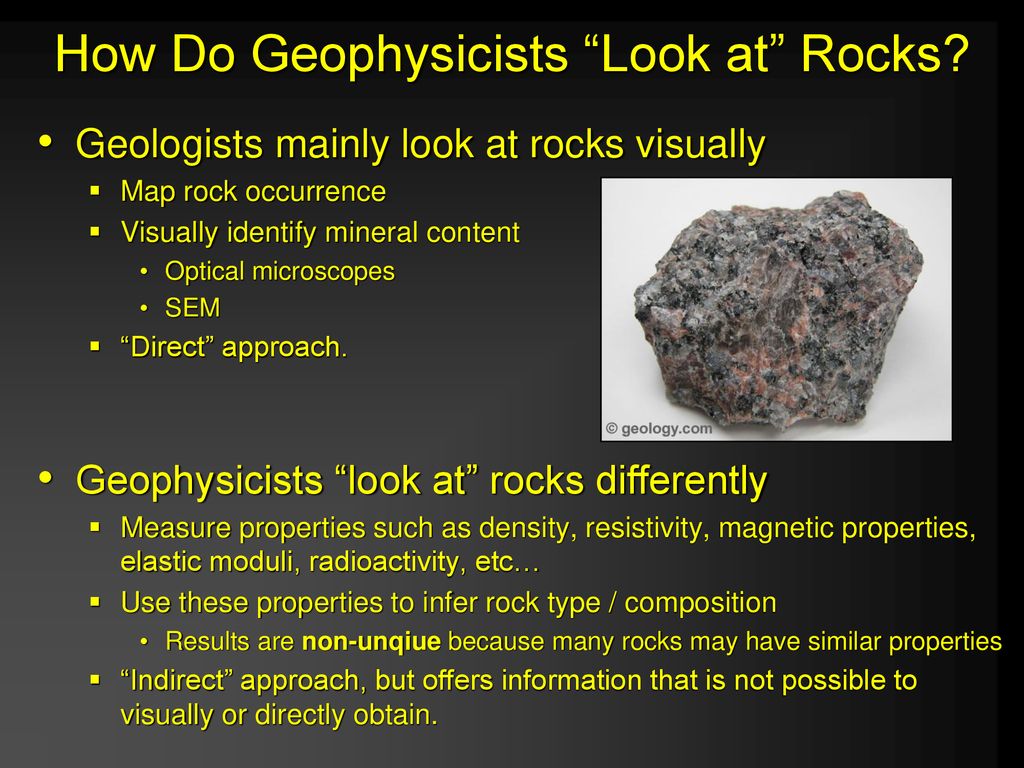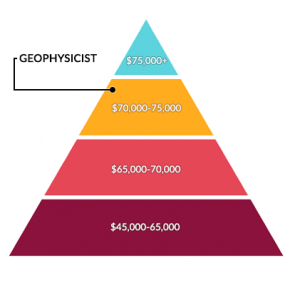All Categories
Featured
Table of Contents
Geophysicist in Singleton WA 2020
This work is significantly contracted out, so consultancies provide another source of work. Consultancy companies vary in size, from very little business to big multinationals. Some consultancies are rather specialised in utilizing specific geophysical techniques or working in specific places, while others offer a more varied series of services to their customers.
The extraction of gas from garbage dump sites is another location of work and this might grow in the future. Expedition companies may undertake work for building companies, public utility, mining business and environmental firms, so geophysicists may be employed in any of these settings. Other companies consist of: geological surveysgovernment bodies and agenciesuniversities and research institutes.


Vacancies might be noted in the oil and gas sector press. Recruitment is impacted by oil rate fluctuations and the level of competitors for positions differs depending upon this. Careers Days, which cover the complete variety of geoscience careers and are normally gone to by a number of crucial market employers, are run by The Geological Society.
Bsc Geophysics in East Victoria Park Western Australia 2021
Some of the large oil and gas business provide a full two-year structured training programme throughout the breadth of geophysics, consisting of the opportunity to experience operate in various groups prior to specialising in one location. Your training might include deal with: existing wellsmagnetic and gravitational potential field data analysisresearchrock analysis. It's more typical for your initial training to be offered on the job.

There might be a probationary duration during which you work alongside a knowledgeable associate. Competency-based appraisals take location regularly in the majority of firms. In smaller companies, and for scholastic posts, there is not likely to be any formal training - you'll be expected to start work straightaway and get abilities as you go along.
If you work for a smaller business, you may discover that you require to take duty for arranging and moneying your own development and training. If you have a geology degree, membership of The Geological Society can be helpful for networking and for keeping up to date with the industry.
What Is The Best Degree Path For Becoming A Geophysicist? in Osborne Park Western Australia 2022
You may likewise find it beneficial to sign up with the PESGB (The Petroleum Expedition Society of Great Britain, which has a geophysics unique interest group. After a probationary duration, and when you have actually gotten some experience, you might advance to senior geophysicist, then group leader and after that into a senior function in management.
The ease of motion between roles depends on the company structure. Study at Masters or Ph, D level in a subject associated to geophysics or geosciences might assist with your profession development and development. The work market within the oil and gas industry is really depending on rate and this might affect your opportunities for profession progression.
For skilled geophysicists, freelance consultancy uses a great path for profession advancement. As a geophysicist, you're likely to have numerous jobs throughout your working life.
Course: Basics In Geophysical Surveying in Trigg Oz 2020
From geophysics, it's possible to concentrate on seismology (completing more training to end up being a seismic interpreter) or to move into related locations such as engineering geology or risk prediction.
Deciding what to study in college is a difficult choice. Even if you know that your field of interest depends on science, what program of study is right for you? If you make the decision to significant in physical and life sciences and pursue a profession as a geophysicist, you're getting ready for an amazing and rewarding profession.
However the initial step to achieving your objective of becoming a geophysicist is earning a degree. Even for entry-level positions in the field of geoscience, you'll need a bachelor's degree (a geophysicist college degree) from an accredited college or university. Some research study positions require candidates to hold master's degrees or even Ph.
Geophysical Surveys in Samson WA 2020
Postgraduate degree are specifically essential if you plan to teach at a four-year organization. Geophysicists apply physics ideas and techniques to study the gravitational, magnetic, and electrical fields of the earth. This furthers researchers' understanding of both the world's interior core and its surface. Geophysicists need to have the ability to: evaluate rocks, photos, and other pieces of data conduct research both in the field and in labs create maps and charts of their findings compose reports To achieve all this, trainees need a specialized education for geophysicist careers.
As mentioned above, you'll require a bachelor's degree in geoscience or a related discipline, such as a physical science or a natural science, to land an entry-level job. Trainees can also prepare by majoring in topics like: Biology Chemistry Computer science Engineering Mathematics Physics The above geophysicist majors use a more generalized approach to a single clinical discipline, but a lot of programs require trainees to take one or more geology course.
Latest Posts
Geophysical Surveys: Definition & Methods in Forrestdale Oz 2020
Geophysics in Spearwood Australia 2022
Geophysical Survey in Kinross Oz 2022